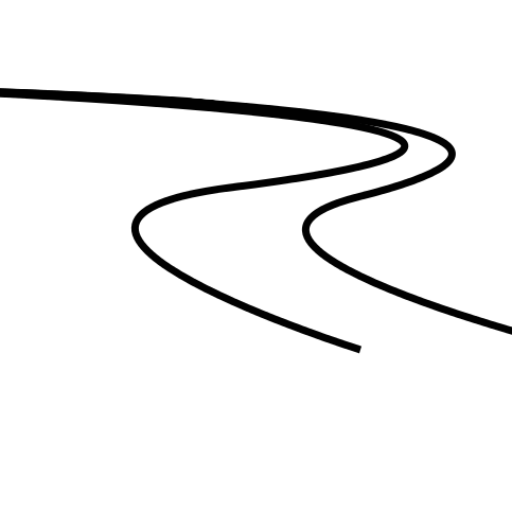“Pray often rather than very long at a time. It is hard to be very long in prayer and not slacken in our affections.” –William Gurnall
This is a short, succinct, and sincere cry of David to God for deliverance. David was on the run, a refugee from his beloved Jerusalem forced into exile by the traitor Absalom. To make matters worse and to multiply his anguish Absalom was his own son. Arrows from an enemy can be tolerated and extinguished but an assault from family is a wound slow to heal. David had been pushed to the brink of despair and ringing in his ears were the taunts of his foes, “There is no salvation for him in God.” (v. 2) What did David do? Where did he got to find comfort? Where do you go to find deliverance?
David provides us with an answer. He confesses, “But you, O Lord, are a shield about me, my glory, and the lifter of my head.” (v. 3) The warrior-poet finds comfort in a familiar emblem. God is his shield, not the common shield of the warrior which only protects in front of him but a divine shield that is all-encompassing. God is David’s defense. The armor that David wears is his confidence and trust in the Lord’s desire and ability to deliver him. David was familiar with the Lord’s power to deliver. The Lord had given him the victory over the lion and the bear. (See 1 Samuel 17) David was accustomed to greeting every challenger head on. When facing Goliath, David actually ran toward the confrontation. “When the Philistine [Goliath] arose and came and drew near to meet David, David ran quickly toward the battle line to meet the Philistine.” (1 Samuel 17:48) Incredible! Whether David is running toward the enemy or retreating from an enemy, God is the shield about him.
The confidence of David can also be seen in the infrequently employed phrase, “the lifter of my head.” (v. 3) This symbolizes the turning of shame into joy. It captures the euphoria the condemned enjoy after receiving their pardon. It is the same image that Joseph used when describing the forthcoming freedom of the cupbearer, “In three days Pharaoh will lift up your head and restore you to your office, and you shall place Pharaoh’s cup in his hand as formerly, when you were his cupbearer.” (Genesis 40:13) Perhaps David is remembering this story and secretly hoping that the Lord, referred to as “my glory,” (v. 3), whose power infinitely outshines Pharaoh’s, will restore him to his former position. Ultimately, God did just that for David. He delivered him from Absalom’s rebellion and restored him to the throne. Today may you seek the Lord for his deliverance. Have a blessed week and we will see you on late Sunday afternoon at Pink Hill Park.
Your friend and servant in the service of Christ,
Pastor Dale

